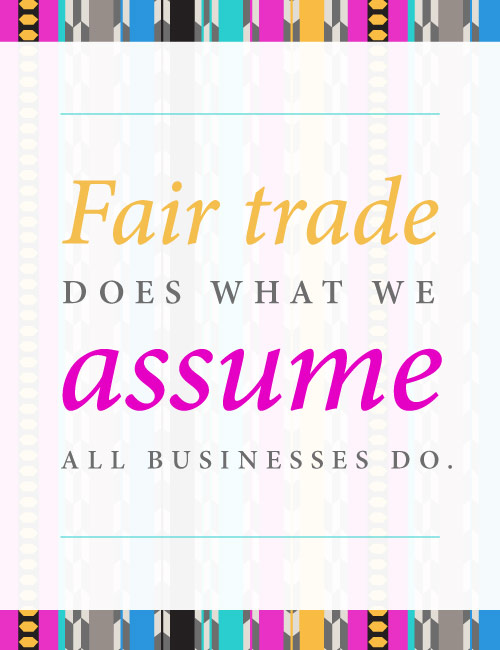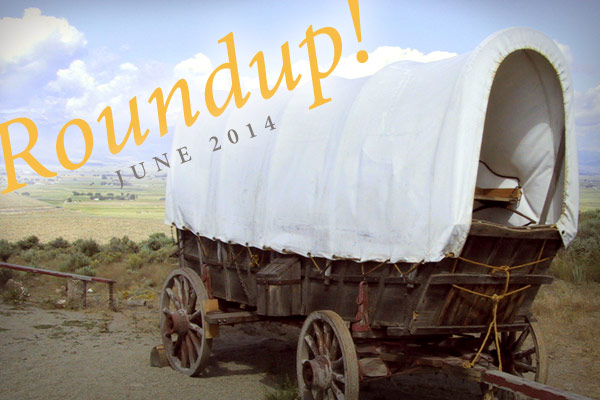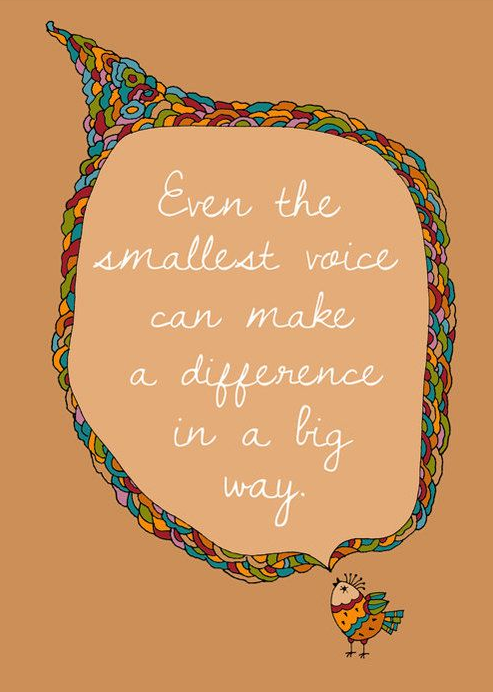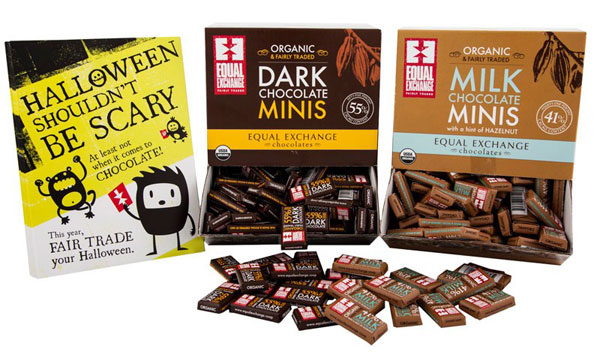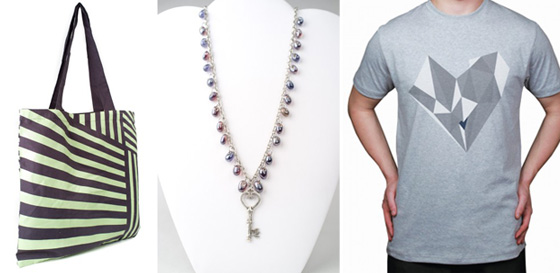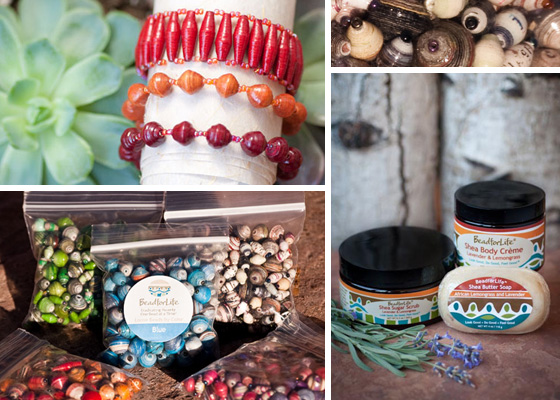Thank You & Year-End Roundup
2014 is on its way out the door, so I wanted to take a moment to thank everyone who has read and participated in the blog this year. We aim to help people understand the impacts of their purchases and promote justice, fairness and prosperity for all. Every comment and like and pageview means a lot to us because it means word is getting out and we’re one step closer to making that fairer world a reality.
We appreciate you and look forward to bringing you more in 2015! If there are any particular topics you’d like see covered or questions you’d like to have answered, please contact us—we want to help!

Year-End Roundup
Since we haven’t done a roundup post in a while I wanted to end the year with a few thought-provoking links I’ve been saving up.
1. Uzbekistan Cotton Campaign – Forced labor in Uzbekistan continues, pulling over a million children, teachers, public servants and employees of private businesses to harvest cotton in often hazardous conditions. This website summarizes the situation and provides actions for governments, companies and citizens to take to put an end to this state-mandated labor. The Uzbek-German Forum for Human Rights also has thorough documentation of the issue, including the Cotton Chronicle, which describes specific incidents in the fields.
2. Pollution from synthetic microfibers – Thousands of microfibers can wear off a synthetic garment in the wash and end up in the environment. This article describes one scientist’s work to research the impact of these fibers and solutions to minimize fiber runoff.
3. The truth about organic cotton – This blog post methodically breaks down the requirements of organic cotton certification and debunks some misconceptions, such as that organic cotton uses less water (it doesn’t). I really appreciated the scientific approach of this article. The author gets beyond the buzzwords so many brands use and shares real data.
We’ve come a long way this year but there’s still more work to do. Thanks for coming along with us!

